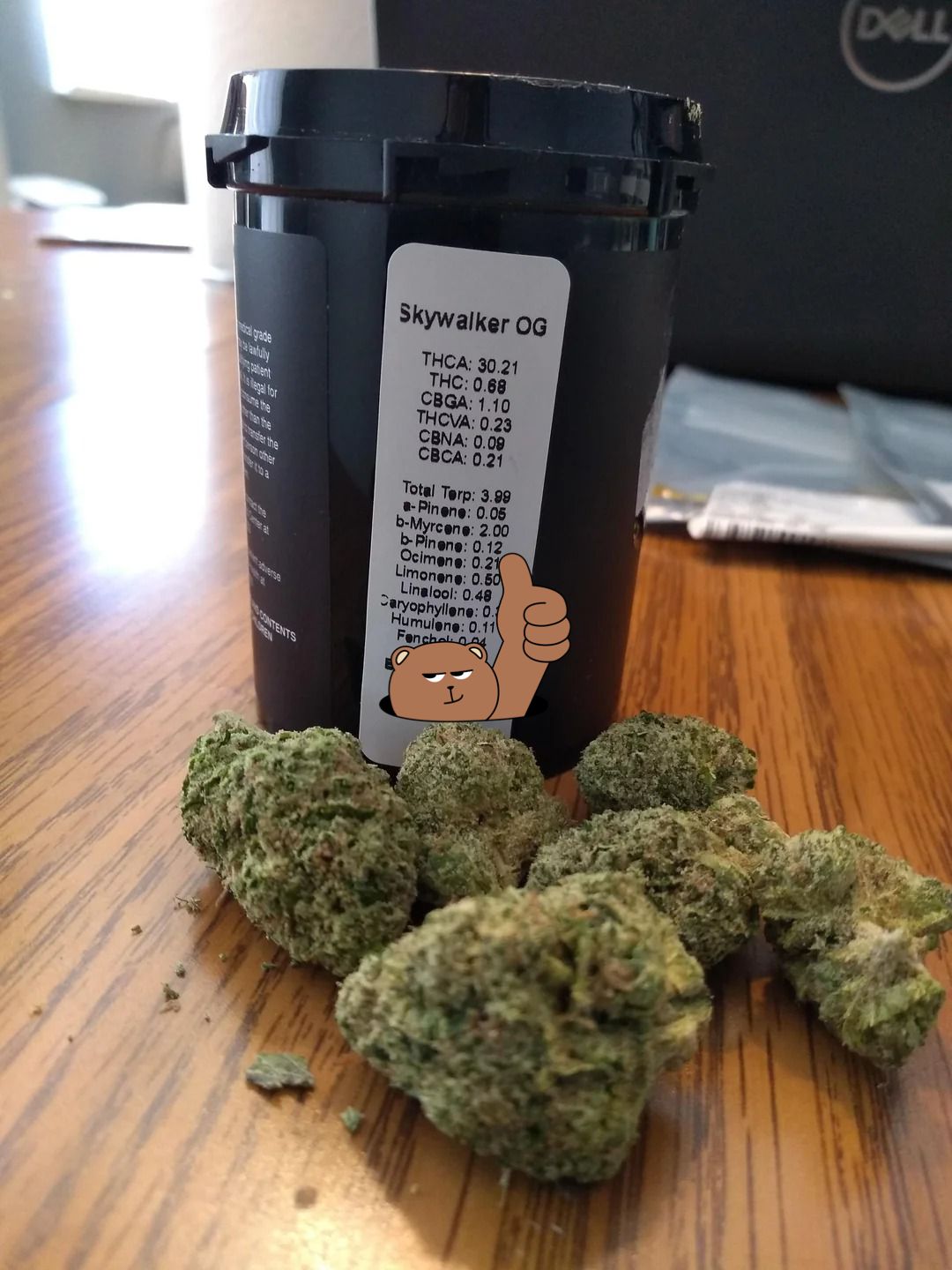The Growing Conversation About Weed in Tuluá: Legalization, Culture, and Future Prospects

Tuluá, a city located in the Valle del Cauca region of Colombia, is known for its agricultural richness, strategic location, and strong sense of community. As Colombia continues to evolve in its approach to cannabis, Tuluá is no exception.
Legal Landscape: A Step Toward Decriminalization
In 2022, Colombia’s Constitutional Court decriminalized the possession of up to 20 grams of marijuana for personal use.
Despite this gap in the legal market, the medical cannabis industry has been growing in Colombia. While Tuluá hasn’t yet become a central hub for medical cannabis production, the city’s agricultural background could make it a key player in the industry should the sector continue to grow on weed in Tuluá.
Changing Cultural Attitudes: A New Generation’s View on Marijuana
However, attitudes toward cannabis are slowly changing, especially among younger generations. In Tuluá, many young people view cannabis as a personal choice and increasingly see it as a safer recreational alternative to other substances.
Economic Opportunities: Cannabis as a Potential Growth Sector
Tuluá has a strong agricultural foundation, with its fertile land producing everything from sugarcane to tropical fruits.
This could help diversify the region’s agricultural output and create new revenue streams for local businesses.
Health and Social Considerations: Responsible Use and Public Safety
These programs could help reduce the potential risks of misuse and ensure that marijuana is consumed safely. Public awareness campaigns should aim to educate residents about the importance of moderation and the potential side effects of excessive cannabis use.
Conclusion
Tuluá is at a pivotal moment in its relationship with cannabis. As national laws evolve and cultural attitudes shift, the city has the potential to benefit from both the medicinal cannabis market and the growing acceptance of marijuana use.
The future of weed in Tuluá looks bright, with opportunities for growth, education, and change on the horizon.

Skywalker product exceeded my expectations in both potency and purity, I really appreciated the discretion and professionalism in the delivery process , you can reach to him on Telegram t.me/skywalkerOG_1 and also there email realskywalkerog1@gmail.com
“Man, that skywalker OG you gave me last night was fire. Smoothest smoke I’ve had in months.”

Great service, easy to work with and I’m very satisfied. I’m so happy I found skywalker here. He is super responsive, on time and the quality of weed he sells are serious on point and top notch.